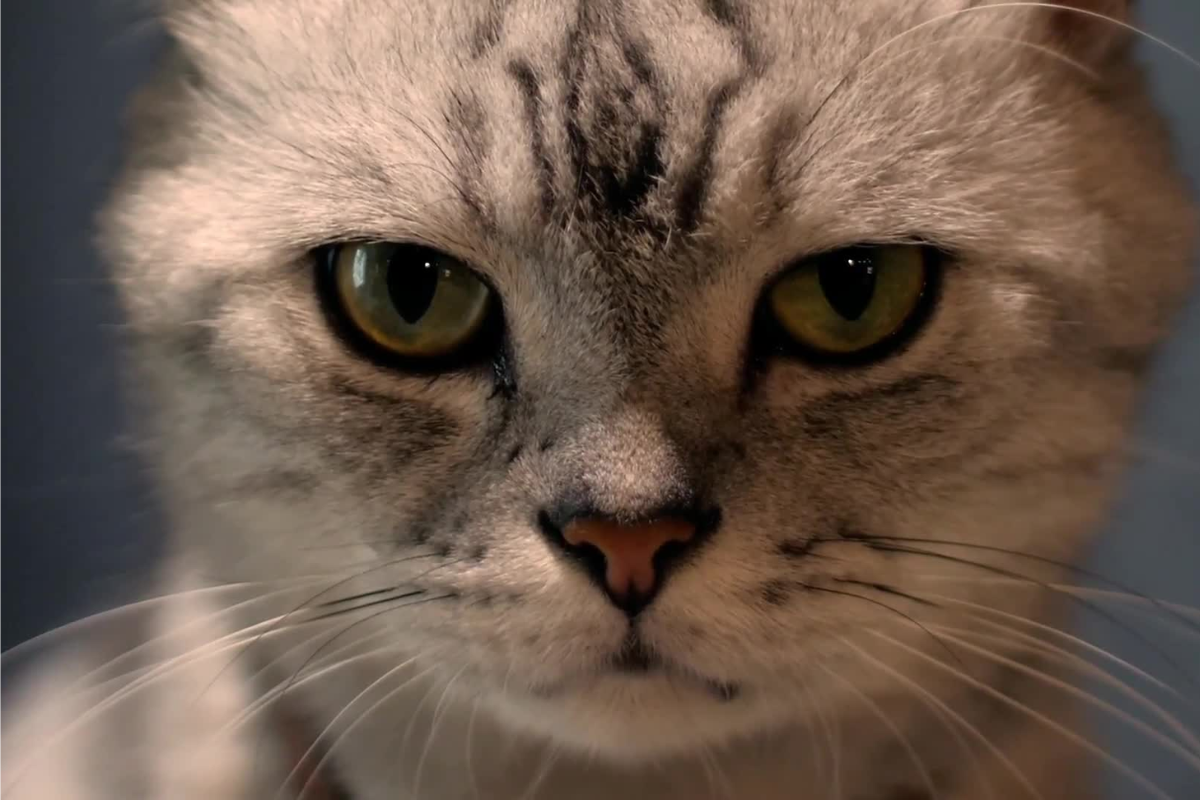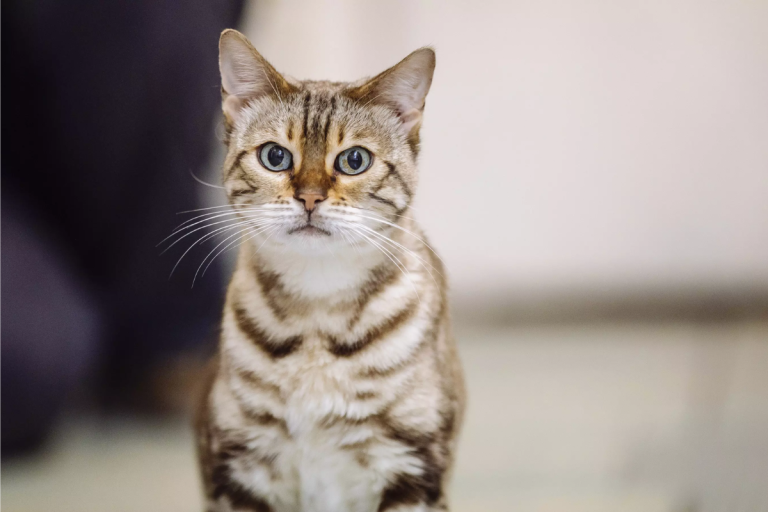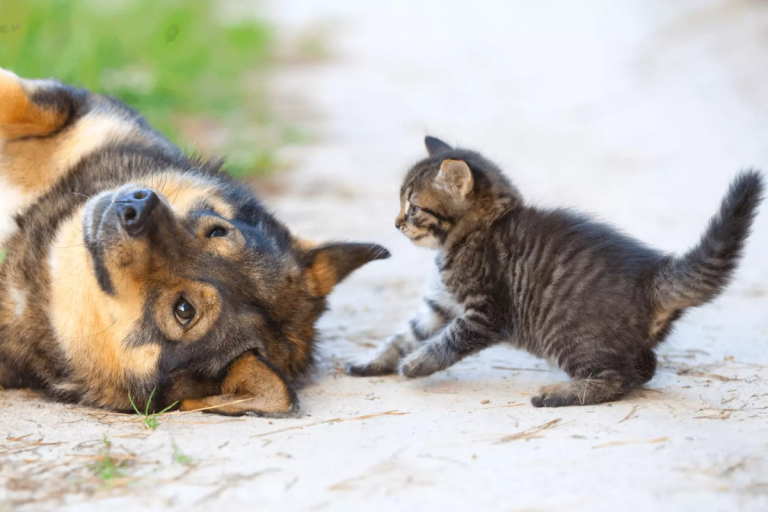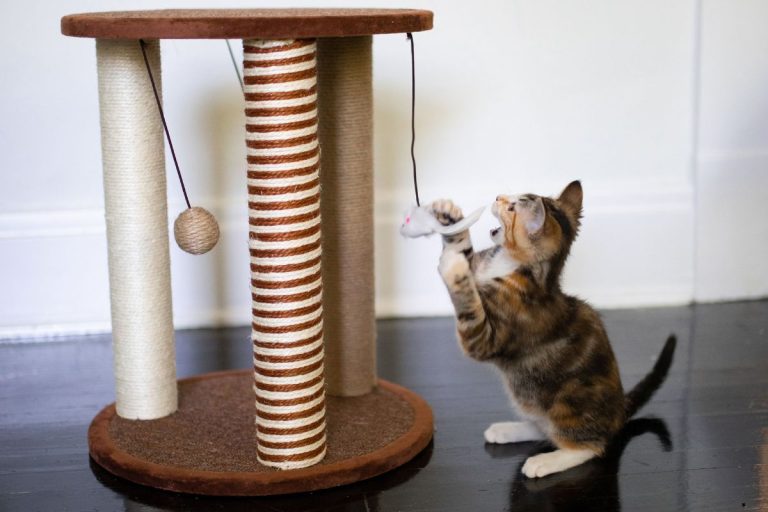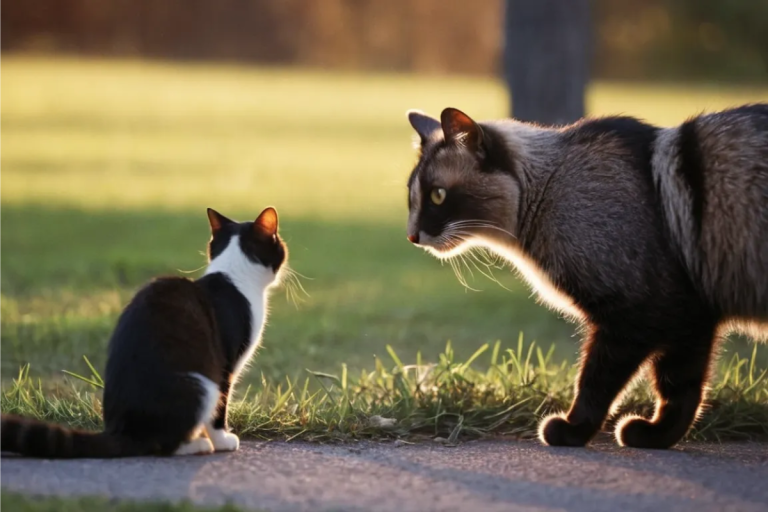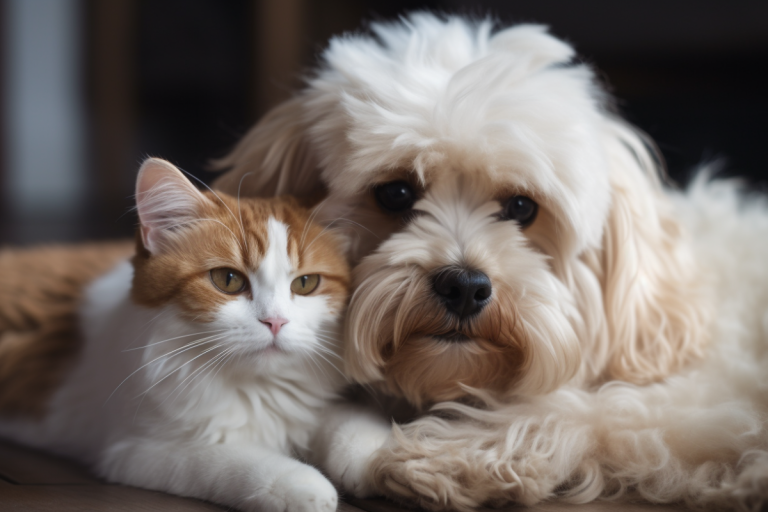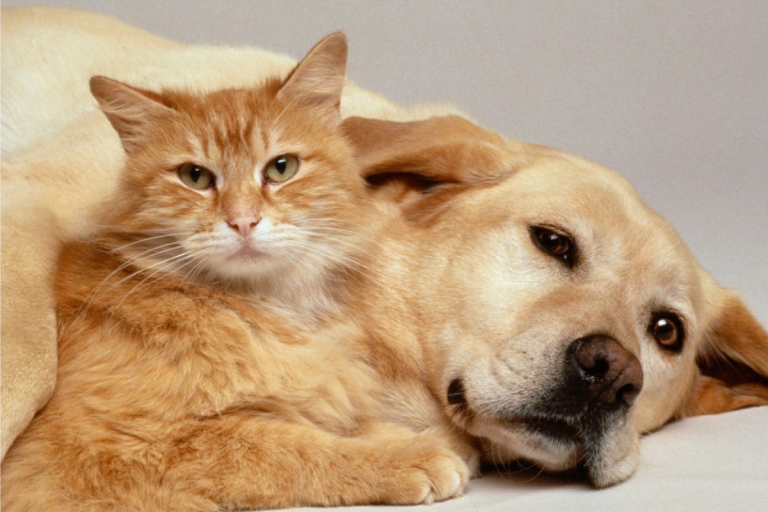Why Some Cats Don’t Like Attention? Understanding Cat Behavior
Cats are fascinating creatures, each with their own unique quirks and personality traits. While some cats absolutely love the spotlight and can’t get enough of human affection, others shy away from attention.
If you’re dealing with a
Understanding Feline Personalities
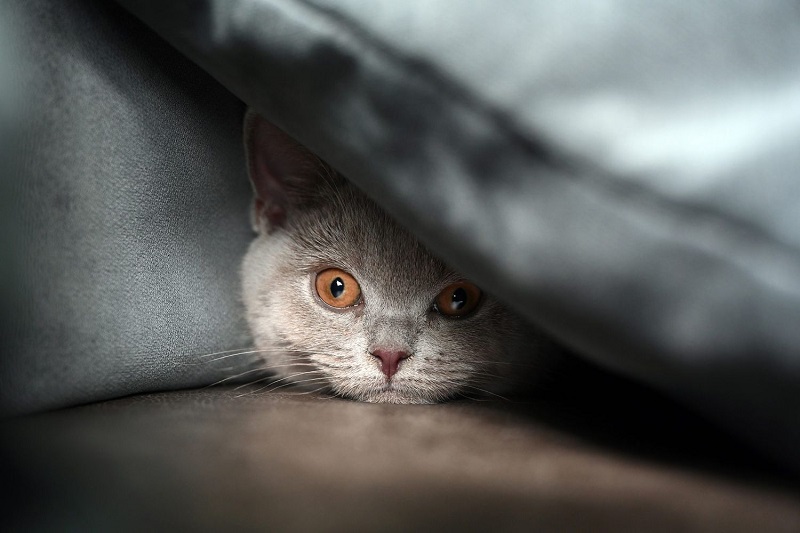
Just like people, cats have individual personalities. Some are naturally more sociable, while others tend to be introverted and avoid interaction. Your
Introverted vs. Extroverted Cats
Have you ever noticed that some cats are eager to greet guests at the door, while others disappear the moment the doorbell rings? This boils down to whether your
Extroverted cats thrive on social interaction, while introverted cats prefer solitude and tend to avoid attention. Neither personality is better or worse; it’s simply a matter of preference.
Factors Influencing a Cat ’s Personality
There are a few key factors that contribute to whether a
Genetics: Some cats are simply born with personalities that make them less sociable. Breeds like the British Shorthair or Russian Blue are known to be more independent, whereas Siamese or Sphynx cats tend to be more affectionate.
Early Socialization: Kittens who were exposed to lots of human interaction during their first weeks of life are more likely to grow into cats that enjoy attention. Conversely, kittens that weren’t handled often or were feral may be more wary of human contact.
Environment and Experiences: Cats who have experienced trauma, loud noises, or unpredictable environments may associate attention with stress, leading them to avoid it.
Common Reasons Cats Avoid Attention
If your
Fear and Anxiety
Fear and anxiety are common reasons why some cats steer clear of attention. If your
Overstimulation
Cats have a threshold for how much affection they can handle at one time. While some cats can tolerate long petting sessions, others quickly become overstimulated. If you’ve ever had a
Negative Past Experiences
A
Health Issues That May Cause Cats to Avoid Attention
Sometimes, a
Physical Discomfort or Illness
If your
Sensory Sensitivities
Some cats may have sensory sensitivities, making certain types of touch uncomfortable or even painful. This could be due to skin conditions or neurological issues. Cats with hypersensitivity will often avoid petting or other forms of contact because it’s overwhelming to them.
Signs Your Cat Wants to Be Left Alone
Reading your
Body Language and Behavior
Cats are excellent at giving signals about their feelings—if you know what to look for. Here are a few key behaviors that indicate your
- Tail signals: If your
cat ’s tail is low, puffed up, or flicking back and forth, they’re likely agitated and would prefer to be left alone. - Ears and whiskers: Flattened ears or whiskers pointing back indicate that your
cat is uncomfortable or irritated. - Hissing or growling: These vocalizations are clear signs that your
cat is not in the mood for attention.
How to Respect Your Cat ’s Boundaries While Building Trust
Just because your
Giving Cats Space
Cats appreciate their independence, so giving them the space they need is vital. Allow your
Positive Reinforcement and Patience
Use positive reinforcement, like treats and praise, to reward your
FAQs
Why does my
Your
Can I train my
While you can’t force a
How can I tell if my
Look for signs like hiding, trembling, or vocalizing when approached. A shy
Do some breeds prefer more solitude?
Yes, certain breeds, such as the British Shorthair or Russian Blue, are known for being more independent, while others, like the Siamese, tend to crave attention.
Is it normal for a
Yes, as cats age or experience life changes, their behavior may shift. A once-affectionate
Conclusion
While some cats don’t like attention, it’s important to remember that this is a normal part of their individual personality. Understanding the reasons behind your
By giving your
